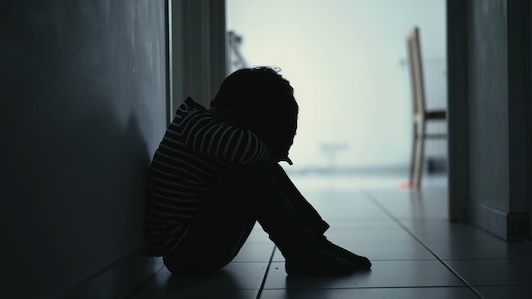McGill study finds only 13 per cent of those surveyed received training on child maltreatment and its effects on pain assessment
Many health-care professionals are ill-equipped to assess pain in children who have suffered abuse, a new study by McGill researchers suggests. This can lead to inadequate pain treatment, making the physical and emotional effects of abuse even worse.
“Our findings show a critical need for training programs for health-care providers about the effects of child maltreatment,” said Matthew Baker, the study’s lead author and a PhD student in the School/Applied Child Psychology program at McGill.
The researchers surveyed 100 health-care providers in Canada and the United States, using an online questionnaire. They found only 13 per cent had received training on child maltreatment and its effect on assessing pain in children with a history of abuse. Those who had received continuing education on child maltreatment were more likely to consider its impact on a child’s pain reports and adapt their assessments accordingly.
“With so few providers trained, it’s vital to raise awareness and improve education on how abused children present in health-care settings in order to enhance their treatment outcomes,” Baker said.


